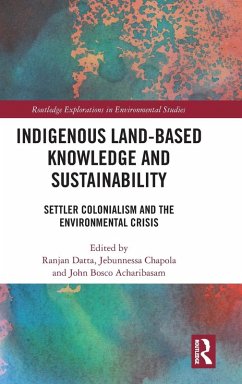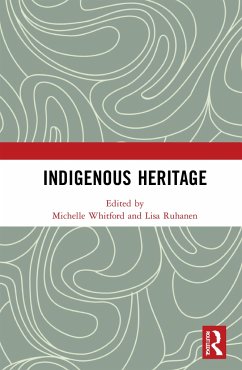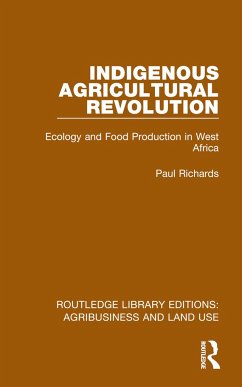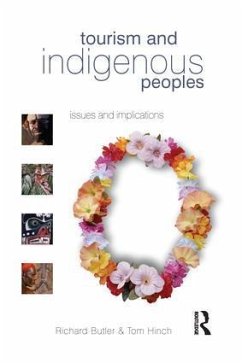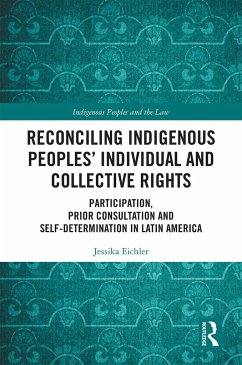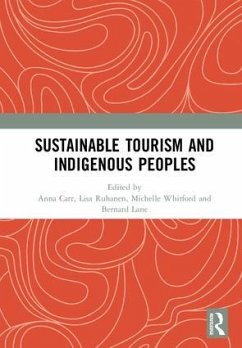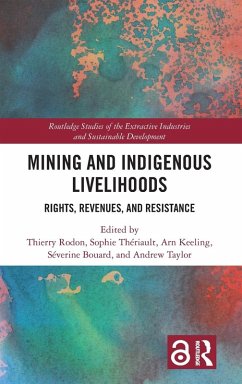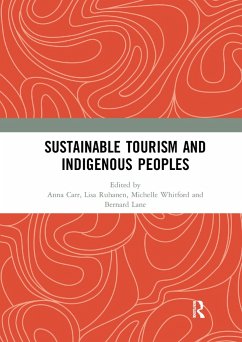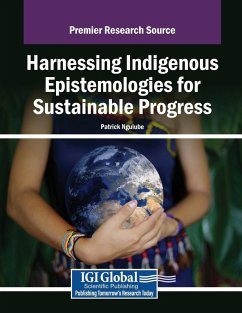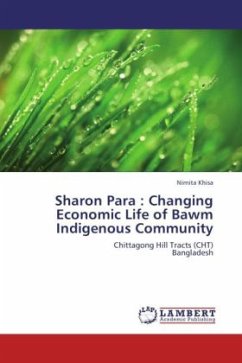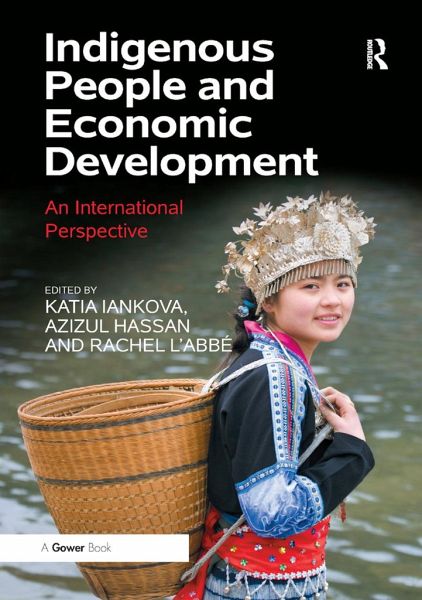
Indigenous People and Economic Development
An International Perspective
Herausgeber: Iankova, Katia; L'Abbe, Rachel; Hassan, Azizul

PAYBACK Punkte
27 °P sammeln!
Indigenous peoples are an intrinsic part of countries like Australia, New Zealand, Canada, Finland, USA, India, Russia and almost all parts of South America and Africa. A considerable amount of research has been done during the twentieth century mainly by anthropologists, sociologists and linguists in order to describe, and document their traditional life style for the protection and safeguarding of their established knowledge, skills, languages and beliefs. These communities are engaging and adapting rapidly to the changing circumstances partly caused by post modernisation and the process of ...
Indigenous peoples are an intrinsic part of countries like Australia, New Zealand, Canada, Finland, USA, India, Russia and almost all parts of South America and Africa. A considerable amount of research has been done during the twentieth century mainly by anthropologists, sociologists and linguists in order to describe, and document their traditional life style for the protection and safeguarding of their established knowledge, skills, languages and beliefs. These communities are engaging and adapting rapidly to the changing circumstances partly caused by post modernisation and the process of globalization. These have led them to aspire to better living standards, as well as preserving their uniqueness, approaches to environment, close proximity to social structures and communities. For at least the last two decades, patterns of increased economic activity by indigenous peoples in many countries have been viewed to be significantly on the rise. Indigenous People and Economic Development reveals some of the characteristics of this economic activity, 'coloured' by the unique regard and philosophy of life that indigenous people around the world have. The successes, difficulties and obstacles to economic development, their solutions and innovative practices in business - all of these elements, based on research findings, are discussed in this book and offer an inside view of the dynamics of the indigenous societies which are evolving in a globalised and highly interconnected contemporary world.





